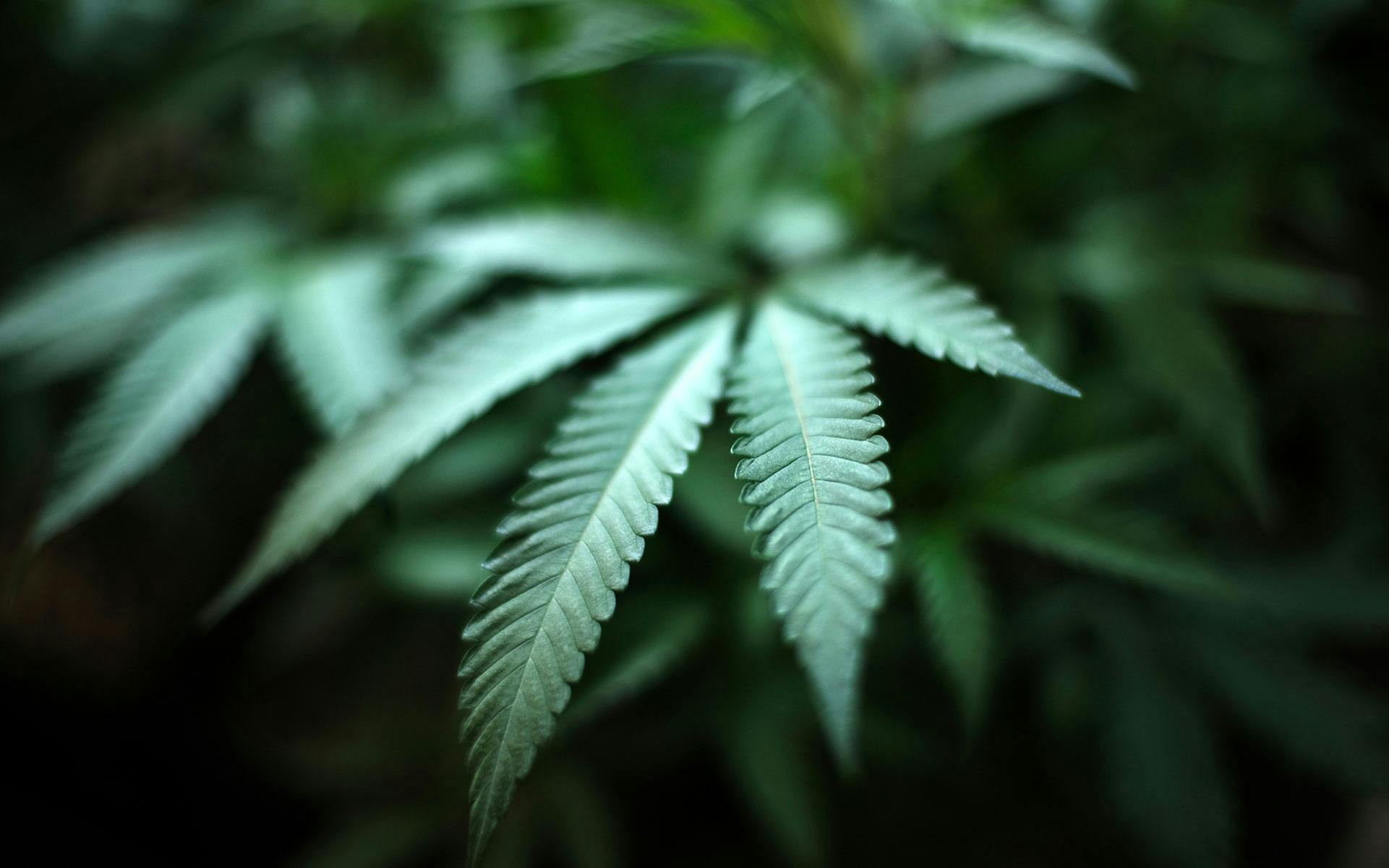Is marijuana legal in Utah?
Current legality status
medical
Cannabis is legal for qualified patients with a licensed card.
Medical cannabis is legal in Utah, but recreational cannabis is not.
Possession of less than one ounce of cannabis is classed as a misdemeanor, punishable by up to six months imprisonment and a maximum fine of $1,000.
Possession of one ounce to one pound is a misdemeanor, carrying a jail sentence of up to one year and a maximum fine of $2,500.
Possession of one pound to 100 pounds is a felony, punishable by up to five years in prison and a fine of up to $5,000.
Convictions for second or third-time offenders carry larger fines and longer prison sentences.
The sale or distribution of marijuana is viewed as a felony, regardless of the amount. Convicted individuals may receive up to five years in prison and a maximum fine of $5,000. There are increased penalties for the distribution of cannabis in front of minors or public areas.
Cannabis has not been decriminalized in Utah. There is currently no legislation or pending ballots to legalize cannabis for recreational use in Utah. Utah legislators have expressed a firm stance on keeping the issue of legalization off the table.
Utah medical marijuana laws
In November 2018, Utah voters approved Proposition 2 by ballot, which legalized medical cannabis. The Utah Legislature then passed HB 3001, or the Utah Medical Cannabis Act. The act created a framework for approved patients to register and legally gain access to medical marijuana.
Approved physicians, osteopaths, advanced practice registered nurses, and physician assistants can recommend medical cannabis. Qualifying patients may purchase up to 113 grams of unprocessed flower and up to 20 grams of THC in approved medicinal formats within a 30-day period.
HB3001 had some oversights regarding the practical use of medical marijuana. In 2019, legislators passed HB 383 to help clarify aspects of the act. Approved delivery methods were clarified to include unprocessed flower, tablets, capsules, concentrated oils, liquids, topical and transdermal preparations, gelatinous cubes, wax, resin, and vapes. Smoking and edibles are, however, prohibited.
Utah’s path toward medical marijuana legalization began when HB 105 was passed in 2014. The bill enabled Utah citizens diagnosed with intractable epilepsy to acquire a registration card to access CBD-rich cannabis extracts. Extracts could not contain more than 0.3% THC and had to be free of any other psychoactive substances.
In 2016, the legislature passed HB 58, enabling neurologists to use patient data to analyze the efficacy of CBD for seizure control. SCR 11 was also passed in 2016. The bill called for the rescheduling of medical cannabis to Schedule II and encouraged researchers to investigate its benefits.
Utah qualifying conditions for medical marijuana
A qualifying condition is an illness that may benefit from medical marijuana. In Utah, individuals with qualifying medical conditions may be eligible to participate in the medical marijuana program with a certified healthcare practitioner’s approval.
The Utah Medical Cannabis Program recognizes these qualifying conditions:
- HIV or AIDS
- Alzheimer’s disease
- Amyotrophic lateral sclerosis
- Cancer
- Cachexia
- Persistent nausea that is not significantly responsive to traditional treatment, except for nausea related to:
- pregnancy
- cannabis-induced cyclical vomiting syndrome
- cannabinoid hyperemesis syndrome
- Crohn’s disease or ulcerative colitis
- Epilepsy or debilitating seizures
- Multiple sclerosis or persistent and debilitating muscle spasms
- Post-traumatic stress disorder (PTSD) (subject to conditions)
- Autism
- A terminal illness when the patient’s life expectancy is less than six months
- A condition resulting in the individual receiving hospice care
- A rare condition or disease that affects less than 200,000 individuals in the US, as defined in federal law, and that is not adequately managed despite treatment attempts using conventional medications (other than opioids or opiates) or physical interventions
- Chronic pain lasting longer than two weeks that is inadequately managed despite attempts using conventional medications (other than opioids or opiates) or physical interventions
Individuals who do not have one of the listed qualifying conditions, but live with an illness that their physician believes may benefit from medical marijuana, can petition the Compassionate Use Board.
How to get a medical marijuana card in Utah
The Utah Medical Cannabis Program oversees the application process for Utahns looking to acquire a medical cannabis card.
Individuals who want to register must complete the following steps:
- Locate a qualified medical provider (QMP) to evaluate your condition. You must meet in person with your QMP so they can complete a thorough assessment. Patients should not start online applications until before or after the appointment with the QMP.
- Create a Utah ID account.A Utah ID account can be created by going to id.utah.gov. After this, you can commence your application in the electronic verification system (EVS). The EVS Patient Application Guide is located here. Once the EVS profile has been created, the QMP can go online to issue a recommendation. The patient then pays the $15 application fee, and the completed application is submitted online to the Utah Department of Health (UDOH).
- The Utah Department of Health reviews the application. For adult patients aged 21 and older, the application review process will be completed within 15 days or less from the date the application is submitted. For minor patients younger than 21, and adult patients without a qualifying condition, the application review process will be completed 90 days or less from the date the application is submitted. The Compassionate Use Board reviews these applications.
- Approved patients receive the medical cannabis card. If all the requirements have been met, the UDOH will issue the card and email the patient a copy to save to their smartphone or print out.
Does Utah accept out-of-state medical cards?
Utah doesn’t allow out-of-state cardholders to purchase medical marijuana.
However, out-of-state visitors and new residents can use their own medical marijuana, provided it is recognized within Utah’s list of qualifying conditions. After 45 days, new residents must apply for a Utah medical cannabis patient card.
When does my Utah medical marijuana card expire?
A patient’s first medical cannabis card is active for 90 days from the date it was issued. Within this 90-day period, the patient and their medical provider must renew the medical cannabis card online or it expires.
Subsequent renewals happen every six months or one year. A one-year renewal cycle is possible if after at least one year after the original card is issued, the QMP determines that the patient is stable and benefiting from medical cannabis treatment.
For more information, check out the Utah Medical Cannabis Program FAQ.
Utah marijuana growing laws
Utah does not permit medical marijuana patients to cultivate their own cannabis.
Utah public consumption laws
HB 3001 states that medical cannabis patient cardholders are prohibited from using cannabis or cannabis products in public view. The only exception to this rule is if they experience an emergency medical condition.
Non-cardholders found in possession of marijuana in public places are liable to receive fines or time in prison if convicted.
Utah cannabis DUI laws
Even in states where medical cannabis is legal, driving under the influence is a crime. Medical marijuana patients in Utah are not allowed to operate or control a motor vehicle if they have any measurable controlled substance or associated metabolite in their body. Marijuana metabolites can be detected in a person’s body up to one month after use, so it’s possible to be convicted of DUI weeks after he or she last ingested marijuana.
There are several affirmative defenses for the presence of metabolites in one’s system: The substance was involuntarily ingested; it was recommended for use by a physician (not recommended, as medical marijuana is); or was otherwise legally ingested.
The penalties for DUI in Utah are as follows:
- First offense: Class B misdemeanor punishable by at least 48 consecutive hours in prison, a minimum fine of $700, 48 hours of a compensatory-service work program, driver’s license revocation for 120 days, and the court may impose probation or order substance abuse treatment.
- Second offense (within 10 years): Class B misdemeanor is punishable by at least 240 hours of prison or community service, a fine of at least $800, participation in an educational course, suspension of license for two years, and the court may impose substance abuse treatment.
Utah cannabis testing regulations
The Utah Department of Agriculture and Food is responsible for overseeing medical cannabis testing. The Independent Cannabis Testing Laboratory Rule outlines the qualification for receiving an Independent Laboratory License.
The Quality Assurance Testing Rule defines the limits of residual solvents, pesticide residue, heavy metals, microbials, and other contaminants that may appear in cannabis and cannabis products. Batches that exceed the set levels can be remediated for further testing or will be destroyed.
Common questions about marijuana legalization in Utah
Can medical patients grow in Utah?
No, patients are not permitted to cultivate their own cannabis.
Is Utah a medical state?
Yes, medical marijuana is legal in Utah, but recreational marijuana is not.
How much medical marijuana can patients possess at one time?
In any 30-day period, patients are permitted no more than 113 grams of unprocessed cannabis flower, and no more than 20 grams of THC in other medicinal dosage forms.
Can you get a medical card for anxiety in Utah?
No, anxiety is not a qualifying condition.
What if an individual’s medical condition is not recognized as a qualifying condition?
Patients with medical conditions that are not recognized may petition the Compassionate Use Board for a medical cannabis card. The Board reviews petitions and recommends eligibility on a case-by-case basis.
Learn more about marijuana legalization in Utah
If you’d like to learn more about marijuana legalization and laws in Utah, check out these trusted sources:
Keep up with the latest news about legalization in Utah
Stay current on Utah’s fast-changing laws by bookmarking Leafly politics and signing up for our newsletter.
By providing us with your email address, you agree to Leafly's Terms of Service and Privacy Policy.

